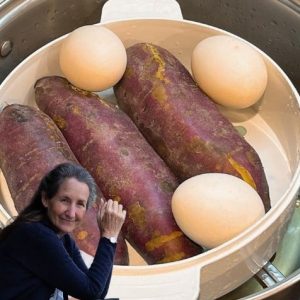Ginger tea, with its warming and spicy profile, offers a delightful way to enhance your health naturally. Beyond its pleasant taste, ginger tea is renowned for its potent anti-inflammatory and anticoagulant properties, which can help improve blood circulation and reduce the risk of blood clots. This makes it a valuable addition to your daily routine, especially for those seeking natural methods to support cardiovascular health.
The active compound in ginger, known as gingerol, has been extensively studied for its health benefits. Research suggests that gingerol can inhibit platelet aggregation, thereby acting as a natural blood thinner. This function is comparable to that of certain pharmaceuticals, such as aspirin, but without some of the associated side effects. Incorporating ginger tea into your diet may thus serve as a natural alternative for maintaining optimal heart health.
Preparing ginger tea is simple and can be customized to suit your taste preferences. Start by peeling and finely slicing a two-inch piece of fresh ginger root. Place the slices in a pot with about one liter of water and bring it to a boil. Reduce the heat and let it simmer for 15-20 minutes—the longer it simmers, the more robust the flavor. Once done, strain the tea into a cup and consider adding honey or a squeeze of lemon for added flavor and health benefits.
Regular consumption of ginger tea not only supports cardiovascular health by preventing blood clots but also offers additional advantages. It can help lower blood pressure and cholesterol levels, reducing the risk of heart disease. Moreover, ginger tea is known for its ability to soothe digestive issues, alleviate nausea, and promote proper digestion. By making ginger tea a part of your daily regimen, you’re embracing a natural and effective approach to overall well-being.





